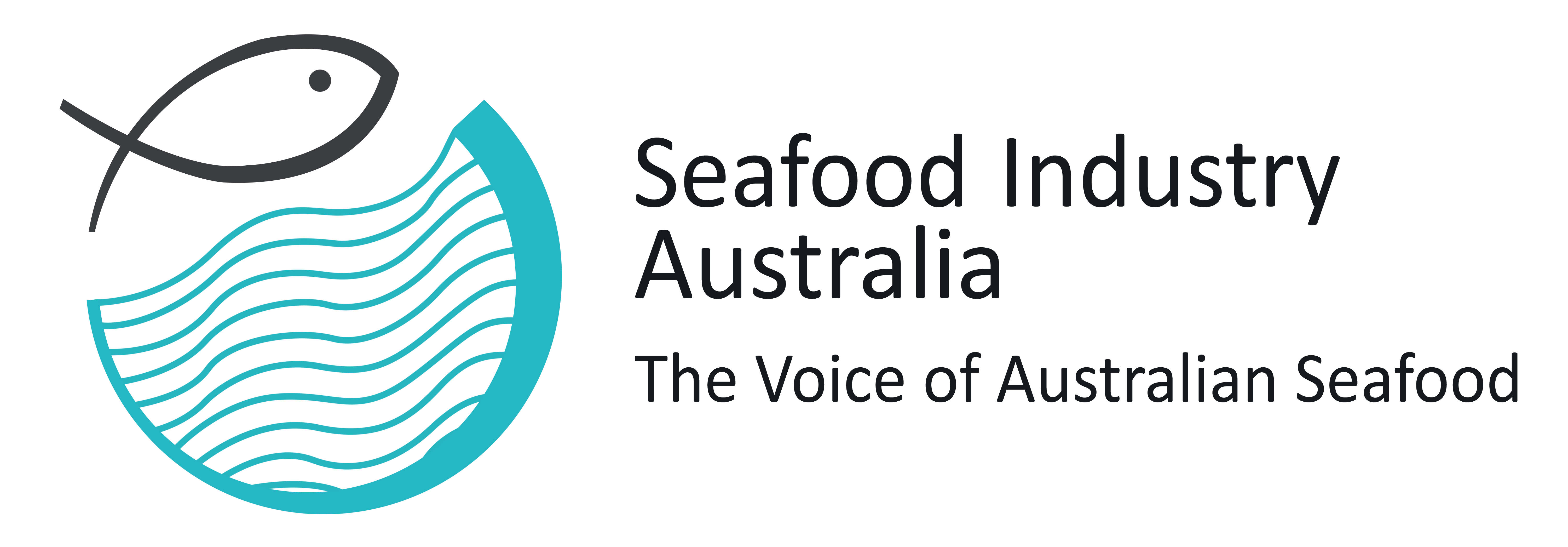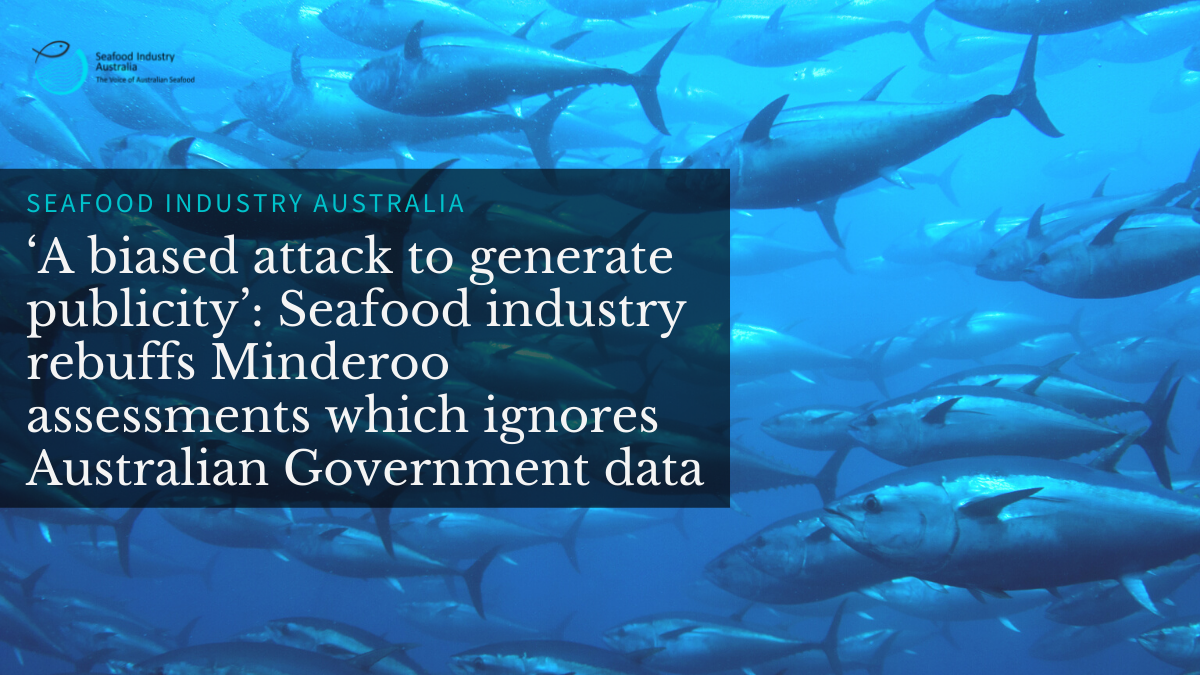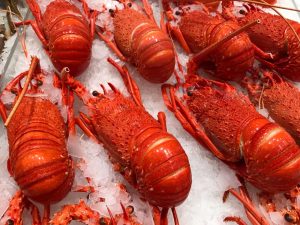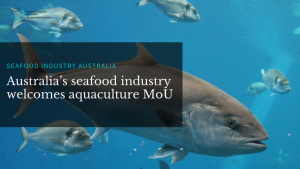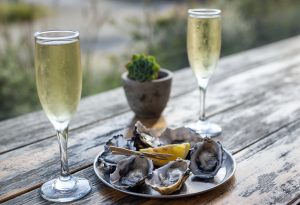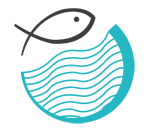Seafood Industry Australia (SIA), the national peak-body representing the Australian seafood industry, has rebuffed Andrew Forrest’s Minderoo Foundation assessment of Australia’s fisheries for omitting key, widely available research on Australia’s fish stock status and labelled it an unfounded attack on industry.
“When I was in school you’d get a ‘D’ for a poorly researched and incomplete paper, now it appears you can get a ‘D’ because someone else poorly researched and didn’t complete theirs,” SIA CEO Veronica Papacosta said.
“The Australian seafood industry welcomes any conversation on sustainability because we are deeply committed to a sustainable ocean. As fishers, our priority is the ocean. It’s our future and the future of generations to come. However, this report is nothing more than a campaign against one of the world’s most sustainable, well-managed, and independently recognised as such, protein sources, Australian seafood.
“For decades, the Australian seafood industry has worked cooperatively with fisheries managers and scientists to implement best-practice protocols to underpin our long-term, sustainable future. This is evident in the report’s ranking of Australia’s fisheries governance system among the best in the world with a 10/12 rating, the highest score awarded globally. Sadly, this is at immediate odds with the report’s methodology. It escapes us how we can score the highest in the world for our fisheries governance and management, however we’re slapped with an arbitrary D-grade. It doesn’t add up.
“Australia is a world leader in sustainable fisheries management due in large part to our commitment to using the best available science to inform our management decisions. The Status of Australian Fish Stocks Reports, which are far more comprehensive than the Minderoo report, assessed Australia’s fish stocks as well-managed, with almost 86% of assessed stocks classified as sustainable or recovering thanks to stock recovery plans.
“Australia has been completing these assessments for decades, so we understand the huge commitment of time, energy and man-power that goes into them. As a country, we made available all of the fisheries data, assessments and some of the best fisheries scientists in the world to help build a robust and sound assessment. However, the Minderoo assessment has only looked at 1400 fish stocks around the globe, including 133 in Australia, despite the readily availability of the science and independent assessments of 477 Australian stocks in the biennial Status of Australian Fish Stocks (SAFS), and 100 commonwealth-managed fish stocks in the annual Fishery status reports. By the Minderoo researchers’ own admissions they only included data from 92 stocks addressed under SAFS, or roughly 19% of the available data.
“If they’d taken the same amount of time to work with the independent experts, fisheries managers, fishers scientists and industry, as they’ve taken to craft a patchwork of results which completely ignores 81% of the existing data and excludes countries like Poland, Finland and Sri Lanka, then we’d have the analysis they’re purporting to have. Instead, they’ve cherry picked data and tried to be shocking to raise their profile.
“Australia has concerns with the methodology underpinning Minderoo’s assessment of sustainability and their claims that only 40% of Australia’s fish stocks have been assessed. They are labelling any fish stock that does not have a species-specific stock assessment as ‘not assessed’. However, the robust assessment of Australia’s fish-stocks came earlier in the year when it was shown for the eighth consecutive year none of Australia’s Commonwealth-managed fisheries have been subject to overfishing. A fact that aligns with our high governance rating awarded by the report.
“Importantly, and of global significance, is that our robust fisheries management strategies have brought Southern Bluefin Tuna (SBT) stocks back. In 2021, SBT was reclassified as not overfished. These results are unprecedented internationally and something that should be celebrated. Furthermore, Australia has the largest network of Marine Parks in the world with more than 37% of our waters managed, and increasing to 45%. Well above the AICHI target of 30% by 2030. This protects an area of 744,000 square kilometres and reinforces Australia’s global leadership in ocean protection. Couple this with the fact that the footprint of Australia’s trawlers is one of the smallest in the world. Along with our aquaculture sector who provide fresh, high-quality seafood, year-round, and it is evident Australian seafood is one of the best managed and most sustainable protein sources in the world.
“Furthermore, it appears Minderoo is claiming 60% of Australia’s fish-stocks are unassessed because as a country we do not record Indigenous and recreational take in a format they have deemed acceptable. As commercial fishers we’ve been attacked for years, now Minderoo wants to come after traditional owners, and Mum’s and Dad’s taking the kids to the wharf for a fish.
“While we acknowledge internationally there are some fisheries that are not as well managed as our own, broad sweeping remarks that lump the commercial fishing industry together as one global entity are not only incorrect, but undermine and damage the countries, like Australia, and other international fisheries like the US, NZ and UK who are at the forefront of sustainability and technological advancements and work hard to lead other nations in how to do better. The Australian seafood industry supports efforts to curb illegal, unreported and unregulated (IUU) fishing globally.
“Australia’s commercial fishers adhere to extremely strict regulations and monitoring to ensure we maintain healthy stocks and act in accordance with the law. There are prescriptive management plans, quotas and licences in place controlling what can be caught, where, when and how. We don’t, we can’t and we wouldn’t want to just go out and catch as much as we possibly can. This is an unnecessary attack on the hardworking fishing families who work tirelessly to put Australian seafood on tables right around the country.
“What this actually needs to draw attention to is the discrepancy in Australia’s food labelling laws. We’ve known for a long time that the origin of seafood is important to ensure sustainable fisheries leading forward. All seafood sold in the retail sector must be labelled with the country of origin, however as soon as the food is cooked and sold these laws disappear; meaning consumers cannot readily distinguish between sustainable Australian and international seafood, and seafood of non-sustainable origins.
“As an industry, we’ve campaigned for years for mandatory, legislated country of origin labelling for seafood sold in foodservice. We are asking consumers to make educated choices when purchasing their seafood, however we don’t give them the opportunity too.
“The report has missed what could have been an opportunity to proactively engage the global seafood community in a discussion on safeguarding the future of global fish-stocks. Instead it’s nothing more than an attack on industry fuelled by an agenda and a desire to generate publicity.
“Just like the broader community, Australia’s seafood industry cares about the marine environment and we understand the need to protect and ensure the long-term sustainability of fish stocks. Minderoo’s incomplete assessment and broad-stroke statements unjustly damage the livelihood, reputation and hard work of tens of thousands of hard working Australians who work in and rely on our seafood industry. And, they have documented and broad-reaching impacts on the mental health of our sector.
“Independent information on the true sustainability of Australian seafood can be accessed via the free Status of Australian Fish Stocks Reports app called ‘SAFS – Sustainable Fish Stocks’. This allows Aussies on-the-go access to true, correct and authoritative information on the sustainability of Australian fish stocks.
“Australia sits on the High Level Panel for A Sustainable Ocean Economy with our Prime Minister, Scott Morrison the representative. The Ocean Panel advocates the need for a sustainable ocean economy where protection, production and prosperity goes hand in hand, and Australia’s seafood industry agrees. Additionally, Seafood Industry Australia is actively involved in the United Nations 2021-2030 The Decade of Ocean Science for Sustainable Development.”
<ENDS>
For more information or to organise an interview with SIA CEO Veronica Papacosta please contact SIA Communications and Public Affairs manager Jessica McInerney
E: jessica@463.9af.myftpupload.com M: 0420 695 431
or contact E: ceo@463.9af.myftpupload.com M: 0409 220 788
